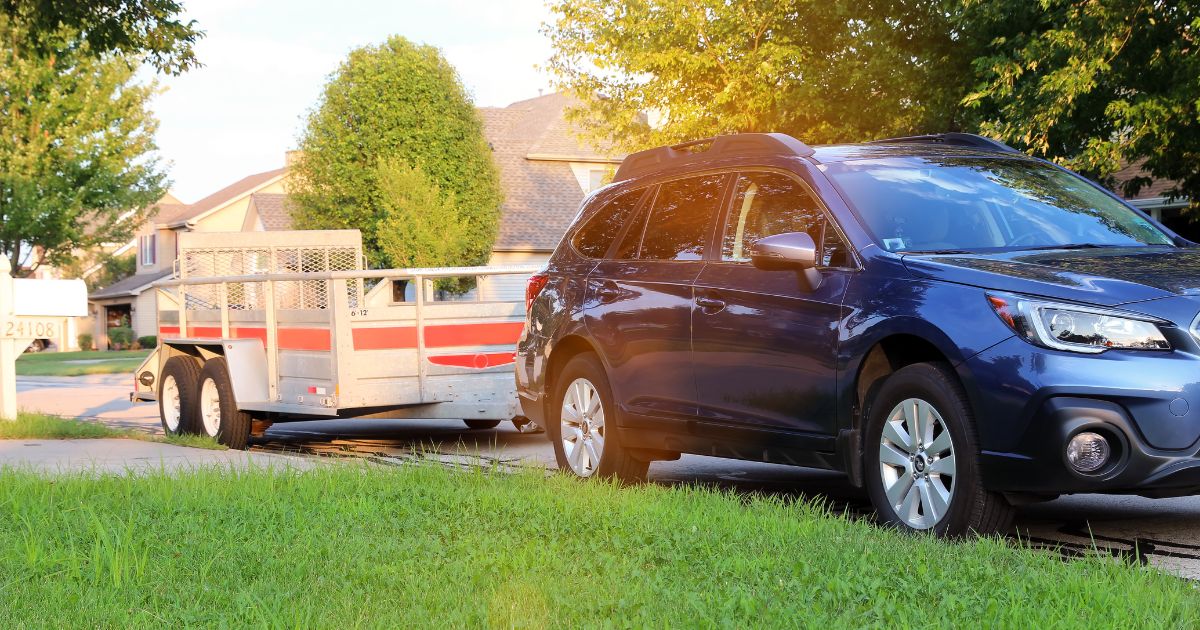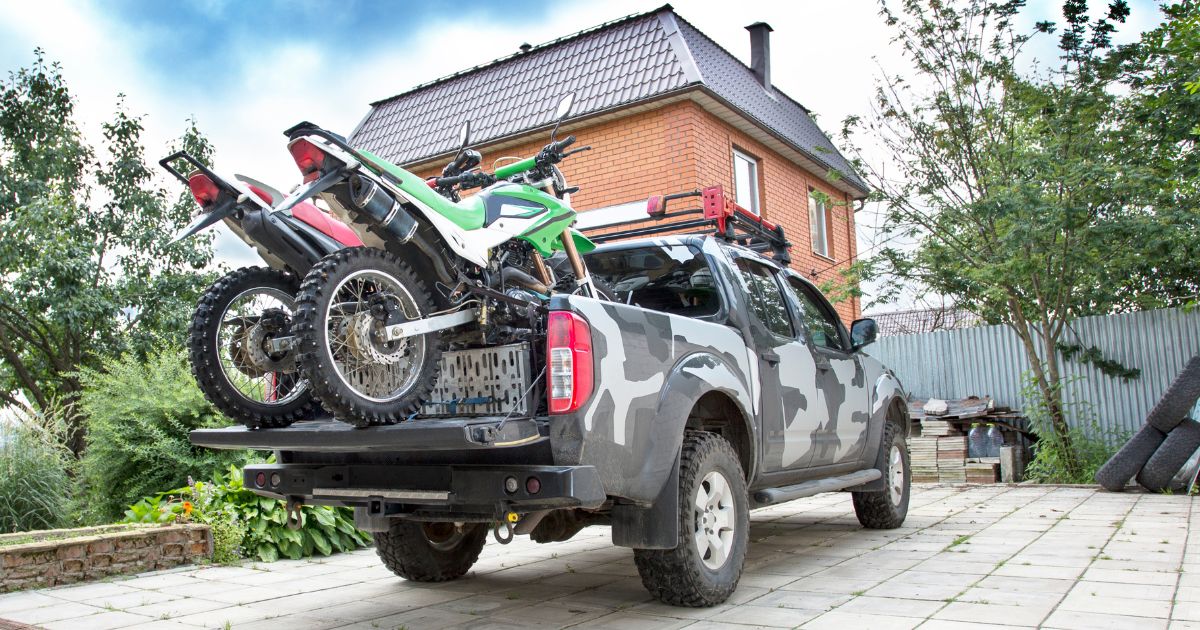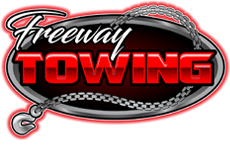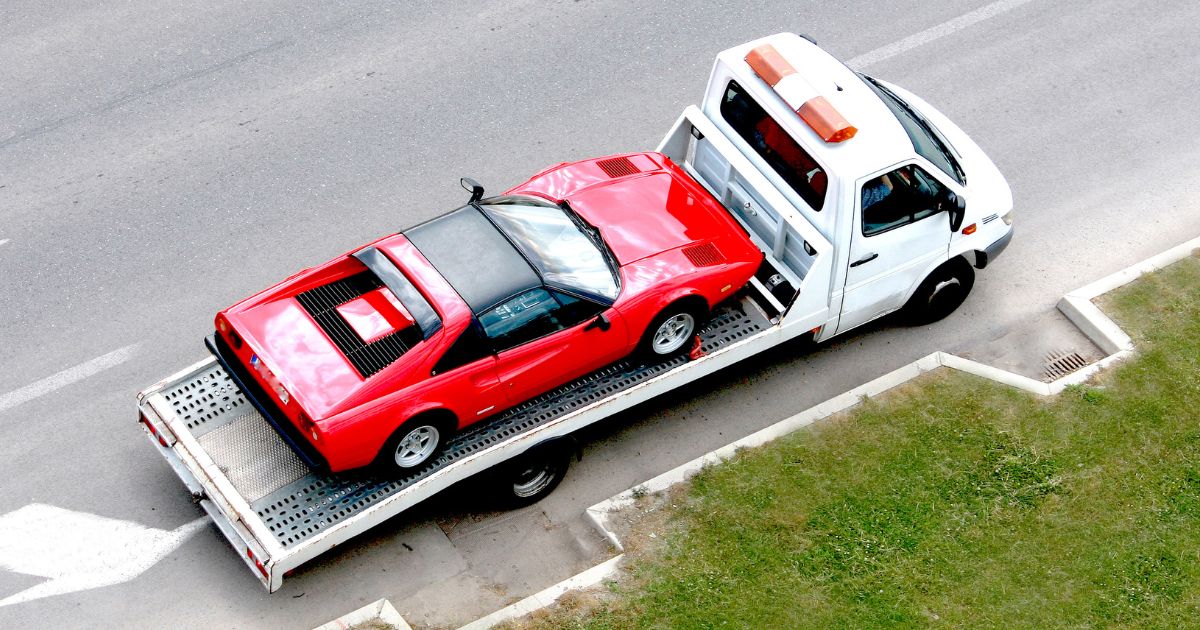Car owners must vacate their vehicles from unauthorized private property spots because property owners possess legal authority for towing this type of unauthorized vehicle. A private property impound refers to this towing process. A private property impound serves both legal regulatory purposes and prevents unpaid parking on unauthorized grounds.
This article explains every essential detail about What is a private property impound? including their legal processes and retrieval protocols.

What is a Private Property Impound?
A Private Property Impound refers to removing unauthorized vehicles from private properties by property owners.
A private property impound is the authorized removal of vehicles from personal properties that occur when vehicles park without authorization. Organizations which own private property team up with professional towing services for implementing parking rules through designated areas for authorized vehicles.
Vehicle owners who have their vehicles impounded must communicate with the towing firm before getting back their vehicle by paying fees and showing vehicle ownership documentation. Through this process both parking order and unauthorized vehicle occupation get prevented.
Why Do Vehicles Get Impounded on Private Property?
The impoundment of cars happens for multiple causes which include both illegal parking behavior and space restrictions.
Private property owners use several valid reasons to order the towing of vehicles from their property.
- Parking without permission: From private lots vehicles that remain without proper authorization will face impounding.
- Blocking driveways or fire lanes: Towing of vehicles becomes immediate when they block either emergency access zones or fire lanes or driveways.
- Using a handicapped parking space without proper authorization: The use of handicap parking spaces by people without required authorization remains a punishable offense.
- Parking with expired permits in designated areas: The rules require valid permits for parking in designated plots of private properties. When a vehicle does not have an active permit or the permit is not present on the car it will be subject to being towed away.
- Abandoning a vehicle on private property: When private property owners find vehicles which remain without their permission for too long those unauthorized vehicles can be classified and ultimately removed as abandoned.
A property owner together with towing companies must follow specific legal standards before taking away someone’s vehicle.

Legal Aspects of Private Property Impounds
Private property impounds must follow state and local towing laws to be legally enforced.
Understanding Private Property Towing Laws
Each state has specific regulations regarding private property towing:
- Private property towing laws in BC mandate that clear signage must be posted before a vehicle can be towed.
- The state of Oklahoma considers unlawful the practice of towing vehicles that lacks proper signage or legal permission.
Property owners together with managers must always follow all relevant laws when deciding to tow vehicles in order to stay clear of legal disputes.
Signage Requirements for Legal Towing
A significant number of jurisdictions request from property owners the setup of visible warning signs to inform everyone about impoundment procedures for unauthorized vehicles.
✔ Parking restrictions (e.g., permit-only, visitor parking rules)
✔ Towing company contact information for vehicle retrieval
✔ A warning about potential impound fees
Vehicles owners can file complaints against impoundment when towing requirements were not fulfilled.
Can a Car Be Impounded on Private Property?
Yes, but only under legal conditions. Property owners maintain the right to tow cars only by following the requirements established by local laws. Owners who experienced inappropriate vehicle towing have the right to contest the impoundment procedures.
The Private Property Impound Process
The process of a private property impound includes authorization, vehicle removal, and storage until retrieval.
Step 1: Authorization for Towing
Vehicle towing starts only after property owners or managers grant written authorization to a towing company. A private property impound tow authorization form is usually required, documenting:
✔ Vehicle description and location
✔ Reason for towing (e.g., unauthorized parking, obstruction)
✔ Date and time of authorization
Step 2: Vehicle Removal and Storage
The towing company gains access to take the vehicle after getting authorization and puts it inside a specific impound location. The vehicle storage continues until the owner chooses to retrieve it.
Step 3: Retrieving an Impounded Vehicle
To retrieve a vehicle, the owner must:
1️⃣ Contact the towing company listed on the impound notice.
2️⃣ Provide proof of ownership, such as registration or identification.
3️⃣ Pay towing and storage fees as required.
| Fee Type | Average Cost |
| Towing Fee | $100 – $300 |
| Daily Storage Fee | $60 – $100 per day |
| Administrative Fee | $50 – $150 |
Working with a Private Property Impound Service
A vehicle owner should select an authorized professional towing company to receive reliable impound services that follow the law.
How to Choose the Right Towing Company
If you are a property owner searching for a private property impound near me, ensure the towing company is:
✔ Licensed and insured to operate legally.
✔ Experienced in private property impounds with a strong reputation.
✔ Following ethical towing practices to prevent unlawful vehicle removals.
Setting Up a Private Property Impound Contract
A private property impound contract protects property owners by outlining:
✔ The conditions under which a vehicle can be removed.
✔ The responsibilities of the towing company.
✔ People must understand the financial expenses that will be incurred by the towing service.
A properly documented contract helps avoid legal disputes and guarantees both regional and state-level compliance requirements.
Know Your Rights as a Vehicle Owner
As a vehicle owner you need to understand your legal rights during trafficking and stationing events.
What to Do If Your Car Is Impounded Illegally
Steps to take when you feel your vehicle was improperly towed start with checking the following sequence:
✔ Review local towing laws to check if the towing was legal.
✔ Request proof of authorization from the towing company.
✔ You should file a complaint to local authorities when the improper impoundment occurs.
How to Prevent Your Car from Being Towed
Avoid private property impoundment by following these best practices:
✔ Check for parking restriction signs before leaving your vehicle.
✔ Obtain proper parking permits if required.
✔ Staying out of restricted or unauthorized zones will stop you from facing fines as well as towing costs.

Why Choose Freeway Towing for Private Property Impounds?
Freeway Towing delivers safe property owner-oriented towing solutions that fulfill both laws and corporate codes.
We provide private property impound services at Freeway Towing which meets every requirement from state and local authorities. Professional staff at Freeway Towing performs safe ethical services that meet industry standards and helps owners protect their parking area.
The reliable towing services at Freeway Towing await your call today.
Final Thoughts
Looking into what is a private property impound? allows everyone involved to handle towing procedures properly and appropriately. Understanding the regulations that govern towing activities remains essential for every person who operates within the private property impound system.
You can achieve an unproblematic impound process by complying with local rules while referring to acceptable towing services and remaining aware of regulations. Need reliable towing? Contact Freeway Towing today!
FAQs
What is a private property impound?
A private property impound occurs when a vehicle is towed due to illegal or unauthorized parking on private property. The vehicle is stored in an impound lot until retrieved.
What are my rights if my car gets towed from private property?
You possess the right to see official documentation which supports the reason why your vehicle was towed. Disputes are possible for unlawful impoundments.
How can I get my car out of an impound lot?
To retrieve your car, you need to contact the towing company, provide proof of ownership, and pay the required fees for towing and storage.
Can a car be impounded on private property without warning?
In most areas, signage must be posted, or the vehicle owner must be notified before towing.
What should I do if my car was towed illegally?
Gather evidence (e.g., missing signage, lack of notice) and file a complaint with local consumer protection agencies or law enforcement.

